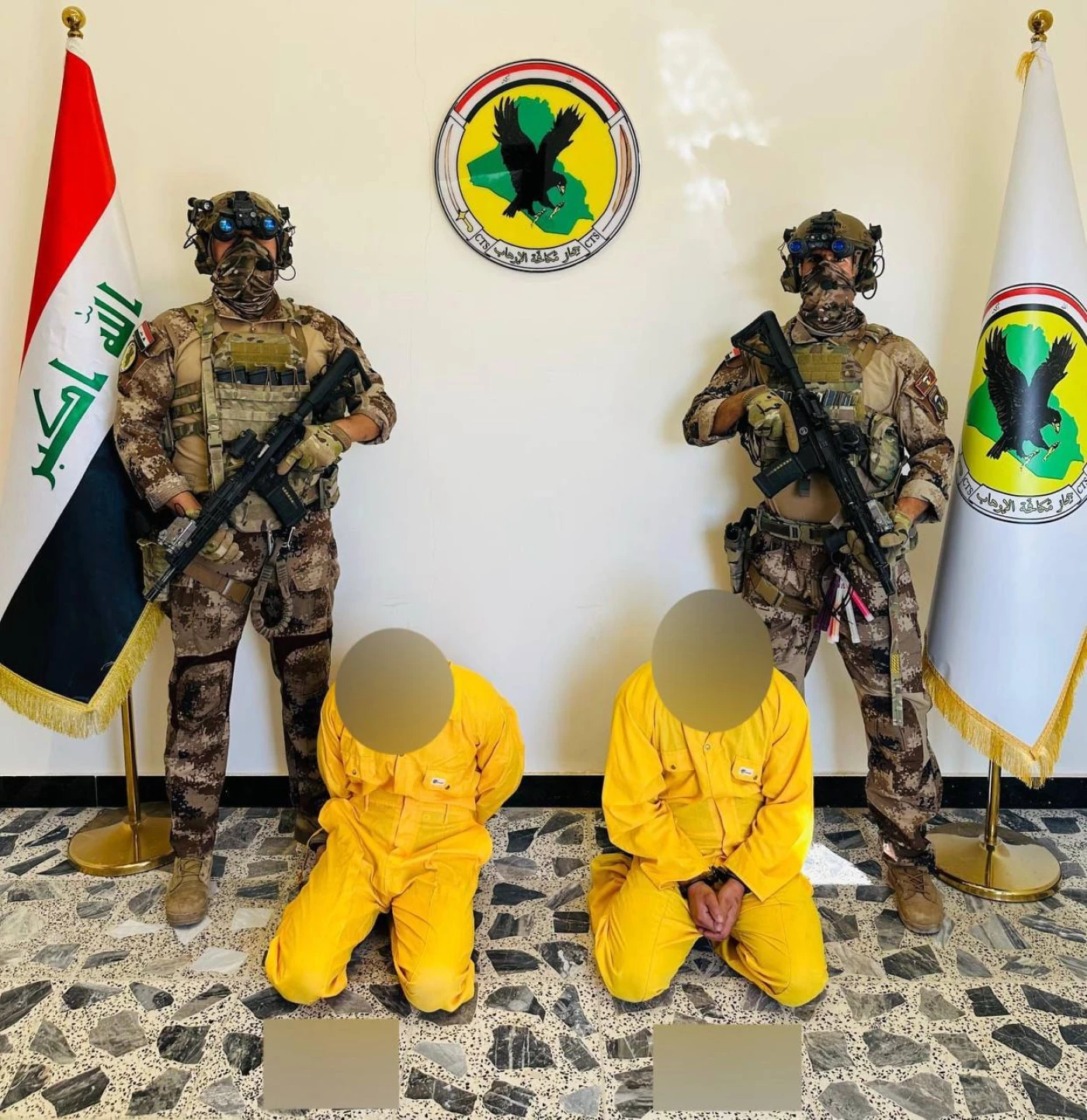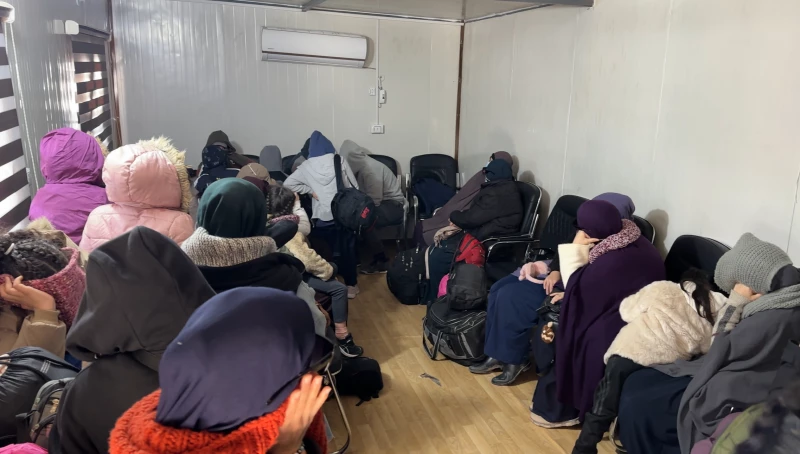ERBIL, Kurdistan Region of Iraq - At least 10 Islamic State (ISIS) suspects were arrested across the country, “in a series of qualitative operations,” Iraq’s Counter-Terrorism Service (ICTS) said in a statement on Thursday.
"As part of the preemptive operations carried out by the Service, our forces performed a series of targeted duties in various parts of the country, resulting in the arrest of 10 terrorist members affiliated with ISIS terrorist gangs," read the statement.
The operations were carried out in Diyala, Kirkuk, Salahaddin, Nineveh, Anbar, and Sulaimani provinces.
"The heroes of the Counter-Terrorism Service continue their tireless efforts to pursue the remnants of the ISIS terrorist gangs and dry up their sources as part of a comprehensive strategy to enhance security in our beloved country,” the statement added.
Despite being territorially defeated in 2017, ISIS militants continue to pose a security threat in Iraq through sporadic hit-and-run operations and attacks on remote areas. Iraqi forces have intensified their efforts to eliminate these remnants.
Iraqi security forces arrested over 500 terror suspects in 2024, according to data from the Iraqi National Security Service.
The arrests come a month after at least three senior members of ISIS were killed in Palkana village, northern Kirkuk, in a joint operation between Iraqi counterterrorism forces and the Kurdistan Region’s internal security forces (Asayish).
Seven years following the territorial defeat of ISIS, the Peshmerga and Iraqi armed forces routinely conduct joint operations to eliminate the group’s remnants. Most of the joint operations have taken place in Kirkuk, Diyala, Salahaddin, and Nineveh provinces.
Separately, the Iraqi judiciary on Thursday announced handing down a death sentence to an ISIS militant convicted of “armed terrorist acts” and “the kidnapping of Yazidis from Sinjar in August 2014 during the brutal takeover of the Yazidi heartland.
"The Karkh Criminal Court issued a death sentence against a terrorist belonging to ISIS, who participated in armed terrorist acts and the crime of kidnapping Yazidis in Sinjar District in 2014,” reads a statement issued by the judiciary's media office in Baghdad.
Following the ISIS attack on Sinjar in August 2014, thousands of Yazidis were forced to flee their homes in hopes of escaping the militant group’s atrocities.
Nearly 11 years on, thousands of Yazidis remain missing, and tens of thousands of others are unwilling to return to their homes due to security concerns exacerbated by a lack of services and reconstruction.



 Facebook
Facebook
 LinkedIn
LinkedIn
 Telegram
Telegram
 X
X


